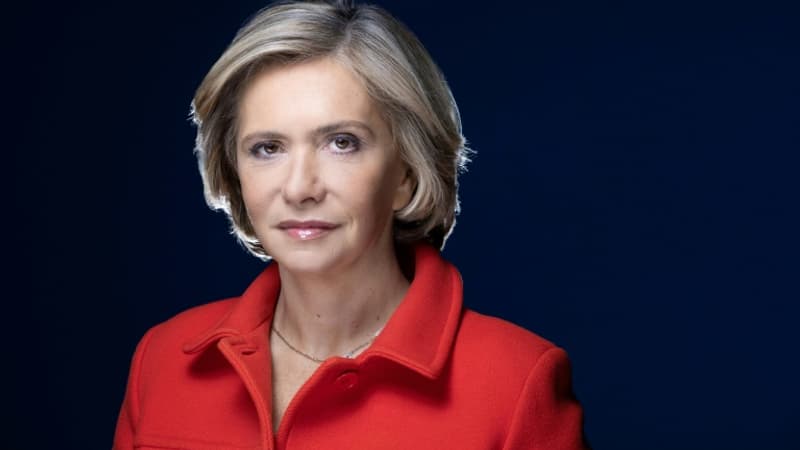The president of the Ile-de-France region, Valérie Pécresse, has announced her candidacy for the 2022 presidential election, going “if necessary” through a right-wing primary. She left her party Les Républicains in June 2019 and founded “Let’s be free”, a political movement that later became a party. As the congress of LR nominations for the presidential election, organized on December 4, 2021, approaches, the regional president announces that she will resume her party affiliation card. She won against Eric Ciotti in the second round of this internal vote after which she was nominated as a candidate. She then she jumped in the polls. Trained at the ENA, first adviser to Jacques Chirac, then UMP deputy for Yvelines (from 2012 to 2016), Valérie Pécresse became Minister of Higher Education and Research in 2007, following the victory of Nicolas Sarkozy. She approved the law “LRU” on the autonomy of the universities and undertook a reform of the statute of the professors-researchers, at the origin of the protest movements. In June 2011, she left the ministry to become a government spokesperson and budget minister. In 2009, she was a UMP candidate in the 2010 regional elections in Île-de-France, but her list was preceded by that of Jean-Paul Huchon (PS). She therefore became a regional councilor, but kept her ministerial functions until 2012. In 2012 and 2013, she Valérie Pécresse participated in the demonstrations against the “Marriage for all” bill. Elected president of the Ile-de-France regional council in 2015, she in 2016 appointed an opponent of same-sex marriage to the “family and social action” commission. Valérie Pécresse is re-elected regional president in 2020. She Candidate for the nomination for the presidential elections, she says she has changed her mind and no longer wants to “unmarry” homosexual couples. On immigration, she Valérie Pécresse says that she wants to “restore order” by expelling illegal immigrants and limiting the right to benefits. On economic issues, she calls herself “the most liberal of the right-wing candidates”: retirement at 65, reduction in public spending, regression in unemployment benefits, reduction in taxes and social security contributions.
Source: BFM TV


